Code Violation or a Nothing Issue?
plumeriavine
14 years ago
Related Stories

CONTRACTOR TIPSBuilding Permits: What to Know About Green Building and Energy Codes
In Part 4 of our series examining the residential permit process, we review typical green building and energy code requirements
Full Story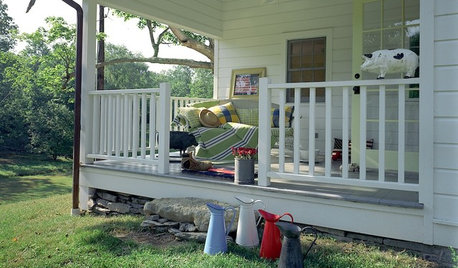
CONTRACTOR TIPSBuilding Permits: 10 Critical Code Requirements for Every Project
In Part 3 of our series examining the building permit process, we highlight 10 code requirements you should never ignore
Full Story
COLORColor Commitment Issues? Just Throw In a Pillow
You don't need to go big or permanent to go bold with color in your rooms; you only need to master the easy art of the toss
Full Story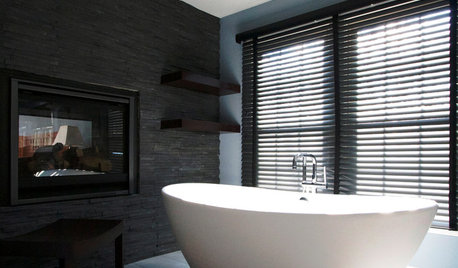
BATHROOM DESIGNDreaming of a Spa Tub at Home? Read This Pro Advice First
Before you float away on visions of jets and bubbles and the steamiest water around, consider these very real spa tub issues
Full Story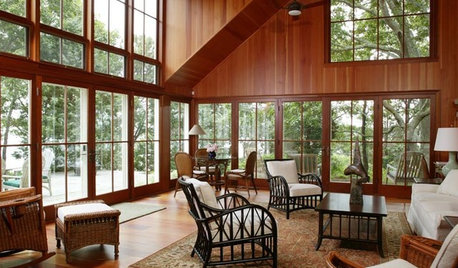
ARCHITECTUREWant to Live by the Water? What You Need to Know
Waterside homes can have amazing charm, but you'll have to weather design restrictions, codes and surveys
Full Story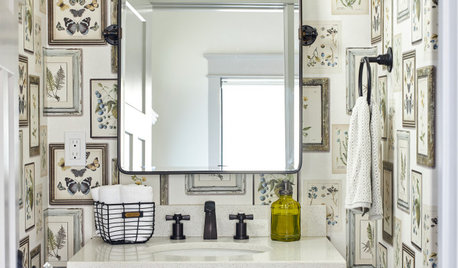
BATHROOM DESIGNKey Measurements to Help You Design a Powder Room
Clearances, codes and coordination are critical in small spaces such as a powder room. Here’s what you should know
Full Story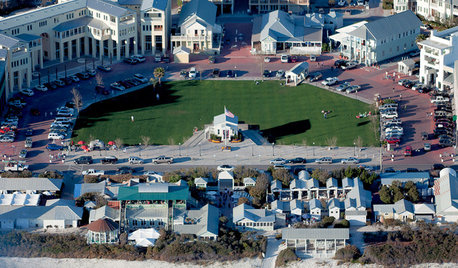
COMMUNITYTour a Pioneering Beach Town That Fosters Community
No cars, mixed-use zones, strict building codes ... a new book takes us inside Seaside, a champion of New Urbanism
Full Story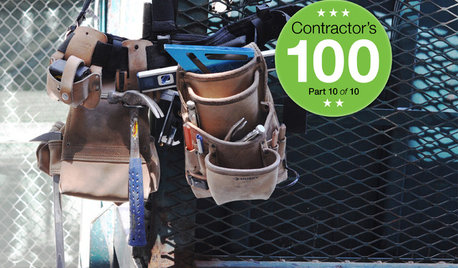
REMODELING GUIDESContractor's Tips: 10 Things Your Contractor Might Not Tell You
Climbing through your closets and fielding design issues galore, your contractor might stay mum. Here's what you're missing
Full Story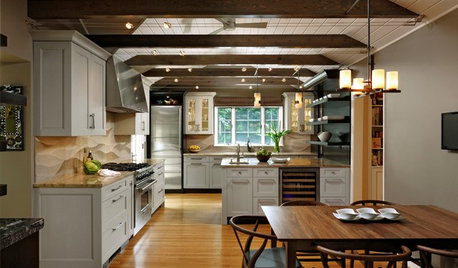
KITCHEN OF THE WEEKKitchen of the Week: Seeking Balance in Virginia
Poor flow and layout issues plagued this kitchen for a family, until an award-winning design came to the rescue
Full Story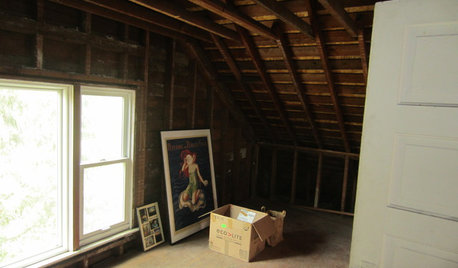
Houzz Call: What Gives You the Creeps at Home?
Halloween horror got nothing on your basement, attic or closet? Show us that scary spot you steer clear of
Full StoryMore Discussions






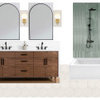
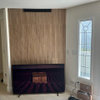
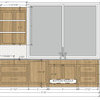
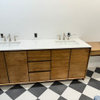
Ron Natalie
joed
Related Professionals
Three Lakes General Contractors · Chowchilla General Contractors · Davidson General Contractors · Fitchburg General Contractors · Milford Mill General Contractors · Natchitoches General Contractors · Olney General Contractors · Port Saint Lucie General Contractors · Prichard General Contractors · Sheboygan General Contractors · Voorhees Solar Energy Systems · Woodland Hills Solar Energy Systems · Manhattan Home Automation & Home Media · North Merrick Home Automation & Home Media · San Marino Home Automation & Home MediaplumeriavineOriginal Author
davidro1
weedmeister
plumeriavineOriginal Author
pharkus
hexus
plumeriavineOriginal Author
Ron Natalie
Billl
groundrod
weedmeister
groundrod
weedmeister
groundrod
plumeriavineOriginal Author
pharkus
brickeyee
groundrod
hexus
pharkus
DavidR